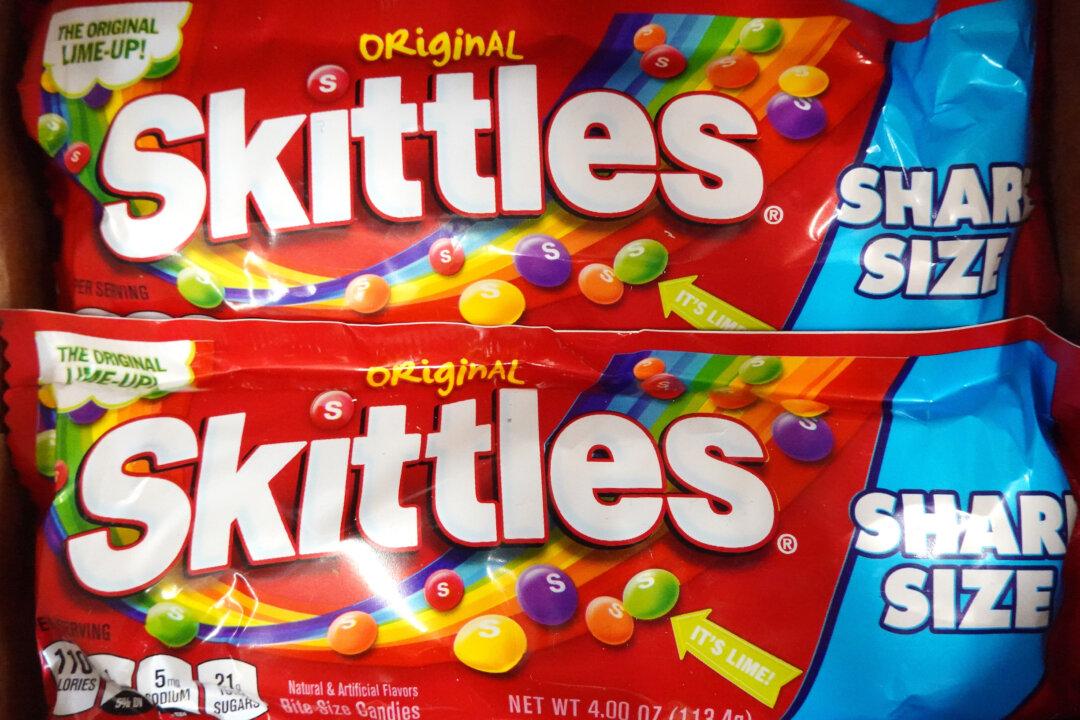Although we are urged to eat lots of fresh fruits and vegetables, fruit consumption isn’t what it should be, and one reason may be a fear of fruit sugar. According to the Centers for Disease Control and Prevention, only about 10 percent of adults eat enough fruits or vegetables. In 2015, only 12 percent of adults met the recommendations for fruit consumption, with the lowest intake among men, young adults, and adults who live in poverty.
What Is Fruit Sugar?
Fruit sugar is the type of sugar you find in fruit; that is, fructose. It’s been shown that very high levels of fructose are harmful to your health, but this isn’t a concern with fruit itself.Concentrated fructose has been associated with high uric acid which can lead to high blood pressure and gout, belly fat resulting in type 2 diabetes, increased hunger, and high triglycerides, which can lead to heart disease.





